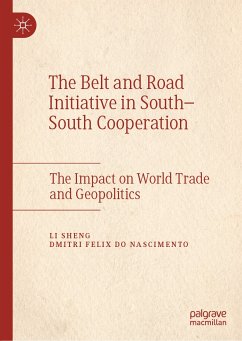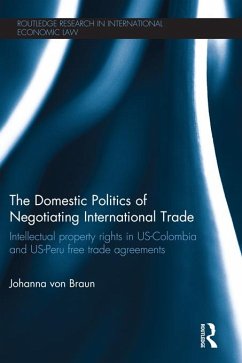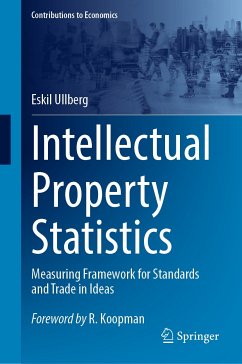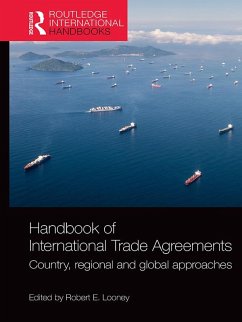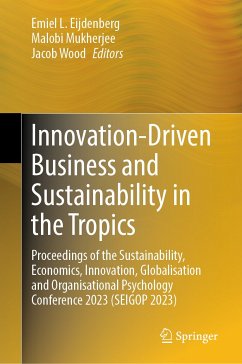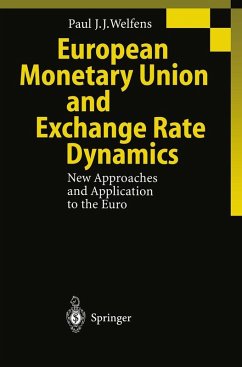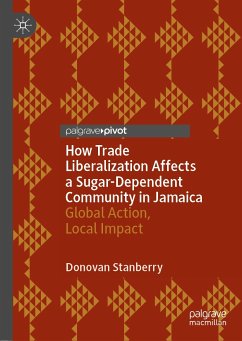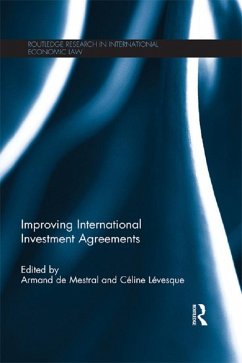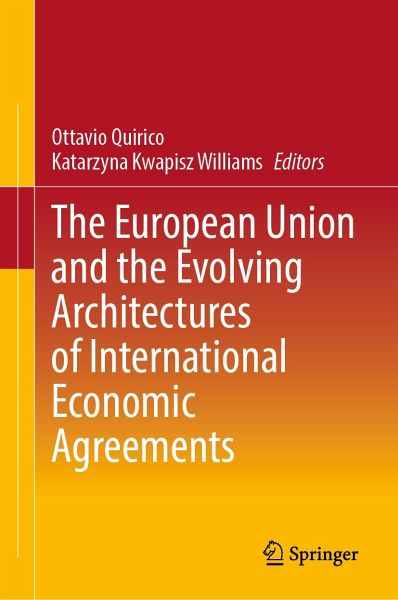
The European Union and the Evolving Architectures of International Economic Agreements (eBook, PDF)
Versandkostenfrei!
Sofort per Download lieferbar
136,95 €
inkl. MwSt.
Weitere Ausgaben:

PAYBACK Punkte
68 °P sammeln!
The European Union ('EU') is promoting a suite of innovations in international economic regulation-among them, reforms for secure and sustainable investment, a comprehensive approach to the mutual recognition of professional qualifications, a viable carbon border adjustment mechanism, heightened intellectual property rights protection, the arm's length principle in taxation, and an increased commitment to non-economic vales. Through a critical analysis of key regulations and policies, this volume explores the evolving architectures of international economic agreements in light of EU practice. ...
The European Union ('EU') is promoting a suite of innovations in international economic regulation-among them, reforms for secure and sustainable investment, a comprehensive approach to the mutual recognition of professional qualifications, a viable carbon border adjustment mechanism, heightened intellectual property rights protection, the arm's length principle in taxation, and an increased commitment to non-economic vales. Through a critical analysis of key regulations and policies, this volume explores the evolving architectures of international economic agreements in light of EU practice. A comprehensive analysis indicates that novelties are rooted in geoeconomic considerations, through which a fundamental shift is underway towards the adoption of comprehensive bilateral trade agreements. Whilst innovation has the potential to significantly harmonise cross-border regulatory frameworks, it can also trigger significant fractures, particularly when applied restrictively and asymmetrically. Arguably, the 'Brussels effect' will to a certain extent foster a progressive development of international economic regulation, while in some respects being constrained by the status quo of the international economic regime.
This volume is part of the Jean Monnet project Third Country Engagement with EU Trade Policy led by the ANU Centre for European Studies at the Australian National University, and supported by the European Commission under the Erasmus+ actions. The project seeks to explore and improve understanding of the EU's evolving trade policy and its implications for third countries, including Australia and countries in the Asia-Pacific region.
Dieser Download kann aus rechtlichen Gründen nur mit Rechnungsadresse in A, B, BG, CY, CZ, D, DK, EW, E, FIN, F, GR, HR, H, IRL, I, LT, L, LR, M, NL, PL, P, R, S, SLO, SK ausgeliefert werden.
Alle Preise in Euro und inkl. der gesetzl. MwSt. | Innerhalb Deutschlands liefern wir preisgebundene Bücher versandkostenfrei. Weitere Informationen: bitte hier klicken
Support
Bitte wähle dein Anliegen aus:
Rechnungen
Bestellstatus
Retourenschein
Storno



